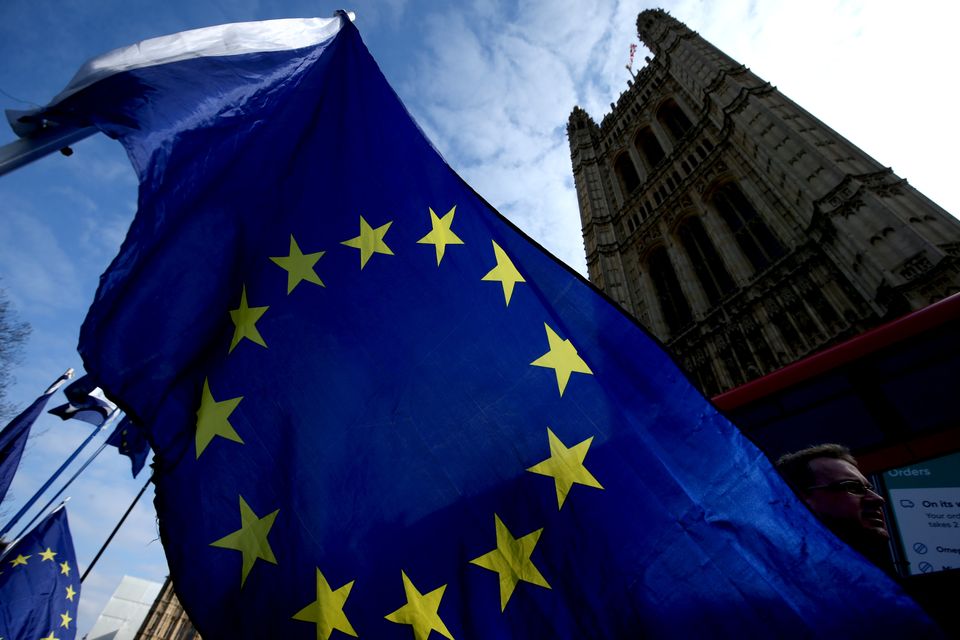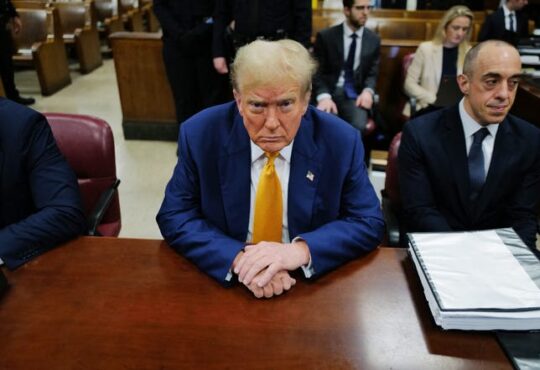
Despite a huge push from politicians here and in Brussels, in February Ireland failed in its €80m bid to persuade the European Union to house the region’s new anti-money-laundering agency in Dublin.
A number of other countries had sought the prestigious agency, with the EU eventually selecting Frankfurt.
But even as Ireland sought the agency, it still hadn’t properly enacted the EU’s own anti-money-laundering directive, according to the European Commission.
‘Recent money-laundering scandals reveal the need for stricter rules at EU level’
The Commission has also taken action against France and Latvia.
“These member states had notified a complete transposition of the amended directive,” said the European Commission yesterday.
“Nevertheless, the Commission has identified several instances of incorrect transposition of the directive into national law,” it added.
The Commission said the failure to do so in Ireland has resulted in “the current system not guaranteeing the adequacy and completeness of the information held in the beneficial ownership register of trusts, as well as regards the accessibility of its information.”
The Commission said that anti-money-laundering rules are “instrumental in the fight against money laundering and terrorism”.
“Recent money-laundering scandals have revealed the need for stricter rules at EU level,” it added.
“Legislative gaps occurring in one member state have an impact on the entire EU. That is why EU rules should be implemented and supervised efficiently to combat crime and protect our financial system.”
Ireland, France and Latvia now have two months to respond to the Commission and to address the shortcomings raised by it.
In the absence of a satisfactory response, the Commission may decide to issue a reasoned opinion, it noted.
In 2017, the Fourth Anti-Money-Laundering Directive came into force.
Ireland’s Criminal Justice (Money Laundering and Terrorist Financing) Act came into effect in April 2021 and transposed most of the Fifth Anti-Money-Laundering Directive into Irish law.
The EU’s Anti-Money Laundering and Countering the Financing of Terrorism Authority (AMLA) will be the bloc’s central agency for the coordinating national authorities to ensure the correct and consistent application of EU rules.
In the financial sector, the authority will directly supervise those financial sector entities exposed to the highest risk of money laundering and terrorism financing.
Ireland was competing with such cities as Brussels, Madrid, Paris, Vienna, Riga, Frankfurt, Rome and Vilnius as the home for the new agency. The AMLA will employ 400 people and will begin operations in 2025.
The European Commission. Photo: PA
“Our capital city is already home to a large globally interconnected European financial centre, and is recognised as a technology powerhouse that combines with our rich cultural heritage to create the ideal conditions to build this important new EU institution,” the Government had said, in its bid to host the agency.
The Government had offered to cover the annual €5.6m rent for nine years at a building in Cooper’s Cross in Dublin’s docklands that would have hosted the agency.
The total package of supports offered by the Government for the agency amounted to €80m.







